(GLO)- Training human resources of ethnic minorities is of great significance, a long-term preparation step for agricultural tourism in the future. Rural tourism and community tourism are always closely linked to indigenous knowledge and unique cultural values of ethnic minority communities in Gia Lai.
The precious "seeds" of rural tourism
 Việt Nam•11/07/2024
Việt Nam•11/07/2024"From artisans who previously only knew how to weave and weave, honest and simple farmers, they have become tour guides who can explain to tourists with national pride, with a passionate love for the village, love for indigenous culture and a desire to preserve culture in the vortex of time." That is the feeling of Ms. Nguyen Thi Thuy An - Lecturer of the Faculty of Tourism (Gia Lai College) when sitting as a judge of the 2024 Tour Guide Competition for Ethnic Minorities.
Artist tries his hand at being a tour guide
17 contestants from Bahnar and Jrai villages, which are part of the province’s community tourism development plan, brought interesting performances to the contest. They introduced cultural-historical relics and natural heritages where they live, such as: Bien Ho scenic spot, Kon Ka Kinh National Park, Stor resistance village, etc.
The values of the world cultural heritage “Central Highlands Gong Culture Space”, traditional brocade weaving, traditional basketry, the beauty of communal house architecture, the beauty of Jrai women, wedding customs, grave-leaving ceremonies… are distilled and introduced with all the pride and love for national culture.
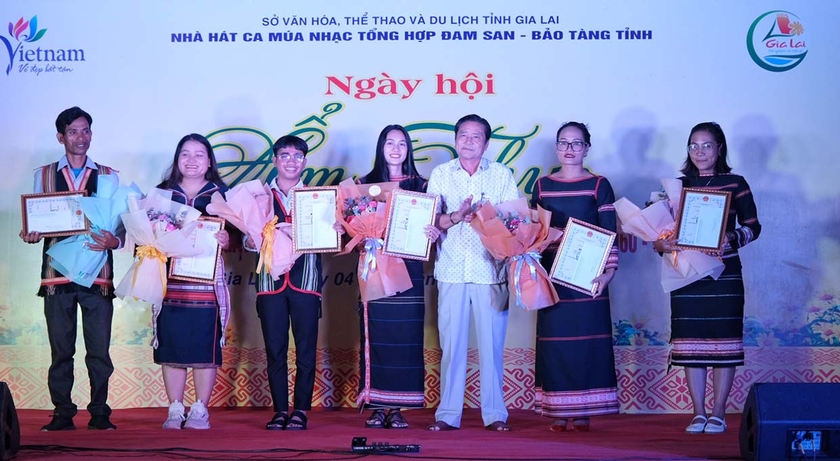 |
Ms. M'Le (right cover, Wau village, Chu A commune, Pleiku city) excellently won first prize in the contest of tour guides at the site for ethnic minorities. Photo: HN |
Ms. MLê (Wâu village, Chư Á commune, Pleiku city) excellently won first prize in the contest with the theme "Wâu village on the road to preserving cultural identity". The 9X Jrai girl shared: "Some contestants introduced the outstanding landscapes of the locality. My village is not blessed with outstanding natural beauty, but it is a village rich in cultural identity. I am very proud to introduce the most ordinary things of a Jrai village in the city but still preserves its cultural identity in the midst of a busy life".
Ms. MLê's introduction once again affirms: Tour guides are the soul that makes each destination more attractive to tourists.
Coming from Kong Chro land, Bahnar girl Dinh Thi Bi (Hle Hlang village, Yang Trung commune) introduces the meaning of folk wooden statues. She shares: “I think to become a tour guide at a tourist destination, first of all, you must have love for the land you live in, be aware of the cultural values it possesses. When you love it, you will want to learn and introduce your knowledge to tourists with pride and respect.”
That is also the reason why Ms. Ksor Diu (Ia Nueng village, Bien Ho commune, Pleiku city) chose Bien Ho scenic spot to introduce as a tour guide. For Ms. Diu, this is not only a famous tourist destination, but also closely associated with the cultural life of Jrai residents on the Gia Lai plateau for thousands of years.
“Bien Ho is associated with many generations of Jrai people in this land, including my childhood. Any old person can tell you the story of “Pleiku Eyes”. The contest is an opportunity for me to test myself, learn knowledge and experience to become a tour guide at the site, contributing to the preservation and promotion of cultural heritage through tourism”- she confided.
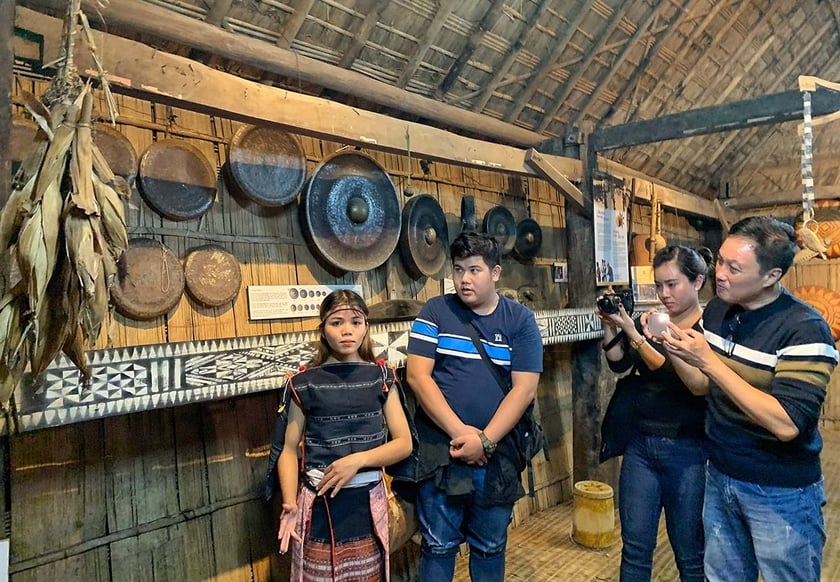 |
Ethnic minority tour guide introduces Mo H'ra-Dap community tourism. Photo: Hoang Ngoc |
Mr. Si (De Kjieng village, Ayun commune, Mang Yang district) is a wickerwork artisan. This is his first attempt at being a tour guide, and he was quite surprised. He said: “De Kjieng village is 4 km from Kon Ka Kinh National Park, and has many advantages for developing community tourism. I want to try my hand at it to learn from experience, and listen to the judges’ comments on what needs to be improved to become a tour guide, introducing the beauty and cultural values to tourists. Later, I will pass on what I have learned to the people.”
The "nuclei" of rural tourism
Most of the contestants come from villages in the province’s community tourism development plan. Lecturer Nguyen Thi Thuy An shared: “The contestants have more or less been trained in community tourism. From artisans who only knew how to weave, honest farmers, they have become tour guides who can explain to tourists with national pride, with a passionate love for the village, love for indigenous culture and a desire to preserve culture in the whirlpool of time.
We have not done anything big for the development of community tourism villages, but every day we have been trying to sow the seeds for that development."
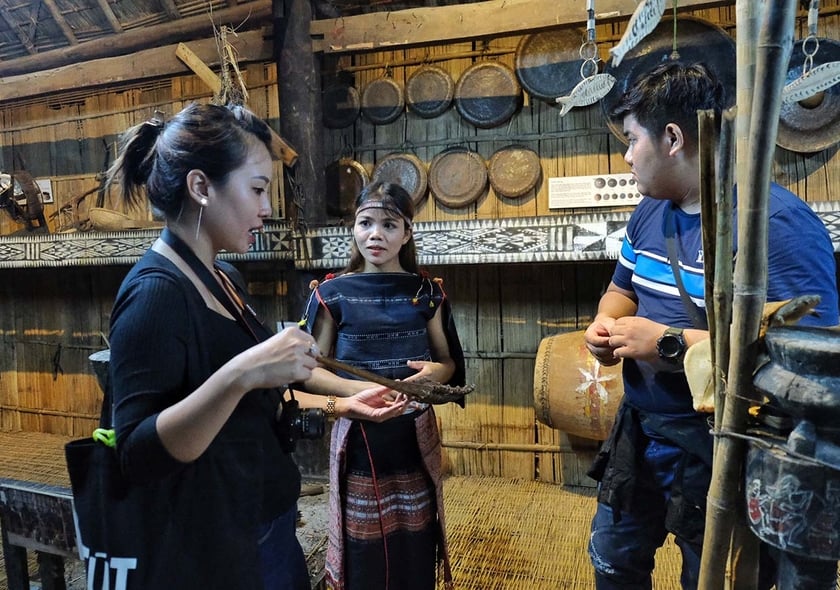 |
Cultural understanding of ethnic minority tour guides will increase the attractiveness of rural and community tourism destinations. Photo: HN |
From the perspective of a professional tourist, Mr. Hoang Phuong - Director of Le Pleiku Tourism Media Company (Pleiku City), a member of the jury - said: "Whether a tourist destination is attractive to tourists or not depends a lot on the tour guide, especially the team of ethnic minority tour guides. They are sincere, rustic, and knowledgeable about their culture, so the story is more attractive to tourists.
To make community tourism and rural tourism attractive products, we need to create more opportunities for those involved in tourism to gain practical experience and improve their professionalism. And not only tour guides but also other groups should be expanded.
Recently, the Provincial People's Committee has issued a plan to implement the Rural Tourism Development Program in the new rural construction period 2021-2025, a plan to develop community tourism in the province until 2030 with the determination to develop rural tourism commensurate with its potential. In particular, preparing human resources is an important task to make this new type of tourism successful.
The Department of Culture, Sports and Tourism has organized a number of training courses to raise awareness of rural tourism and community tourism. The Department also invited experts in the field of agricultural tourism, and coordinated with training institutions to organize training courses to improve the skills of the workforce participating in community tourism.
Training human resources of ethnic minorities is of great significance, a long-term preparation for agricultural tourism in the future. Rural tourism and community tourism are always associated with indigenous knowledge and unique cultural values of ethnic minority communities in Gia Lai.
Lecturer Nguyen Thi My Linh - Head of Tourism Department : "This is the first time the Department of Culture, Sports and Tourism has coordinated with Gia Lai College to organize a competition for tour guides at sites for ethnic minorities. The contestants all showed creativity in introducing tourist sites and conveying traditional cultural values of the Jrai and Bahnar people. They have knowledge and love for the culture and history of the places where they live, while also showing passion and enthusiasm for the work of tour guides. This helps them convey information accurately and attractively. They are valuable "seeds" for community tourism in Gia Lai".
Source: https://baogialai.com.vn/nhung-hat-giong-quy-cua-du-lich-nong-thon-post284553.html
Same tag
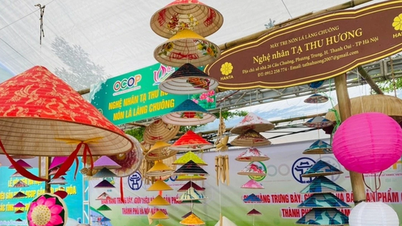
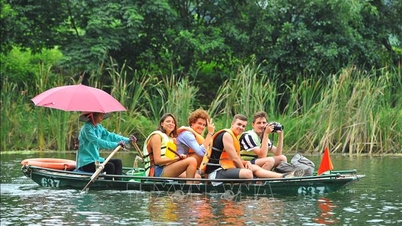
Same category
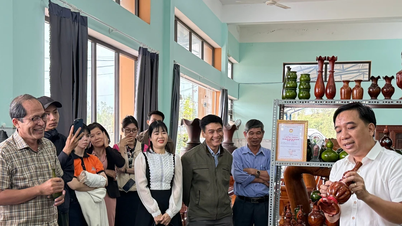
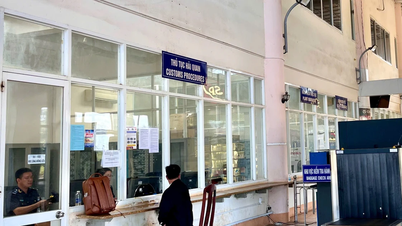




Same author
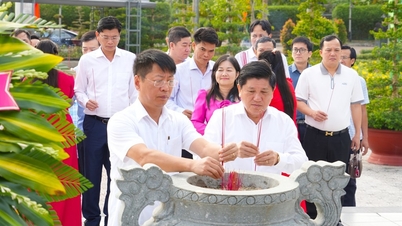

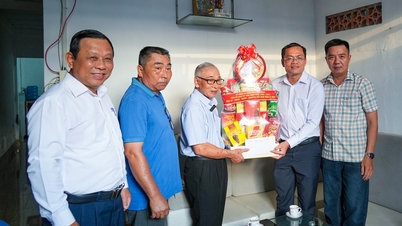






























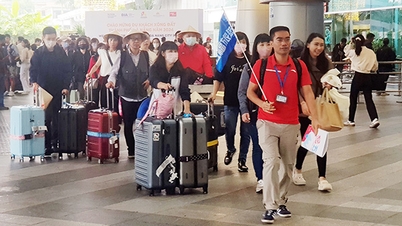

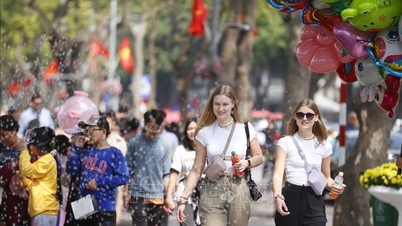
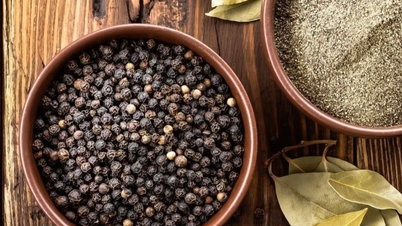

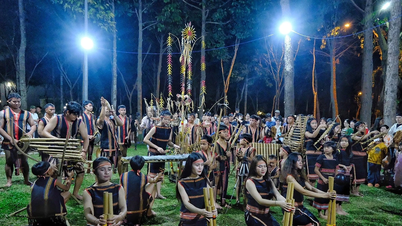
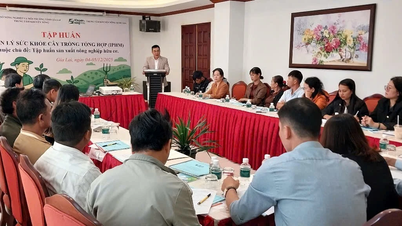
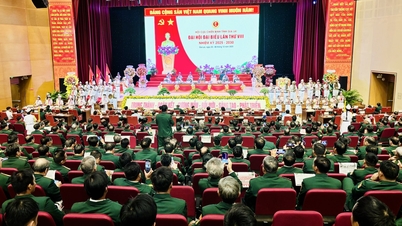
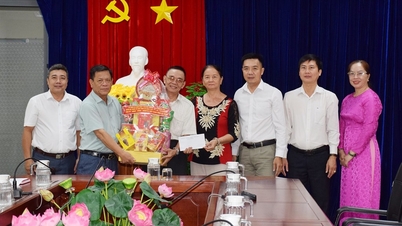
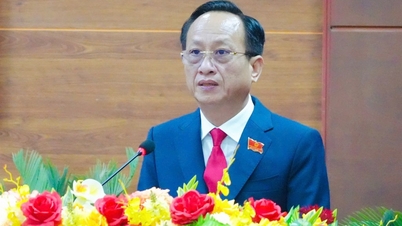
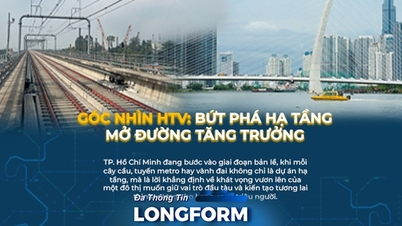

































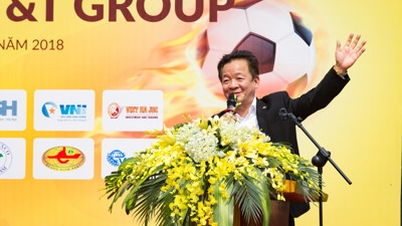






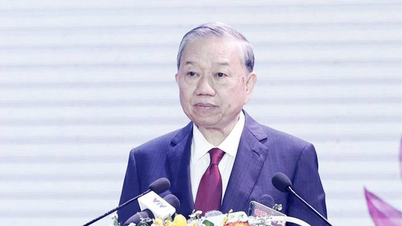
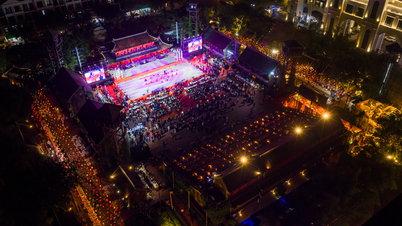

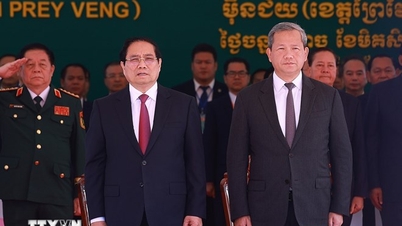

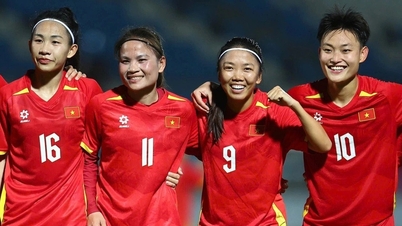
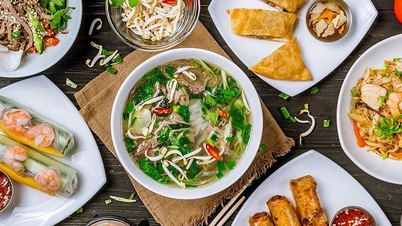



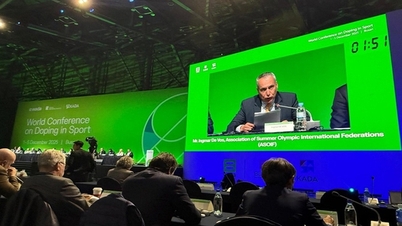
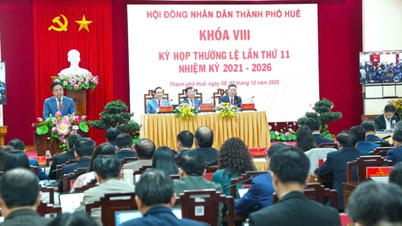
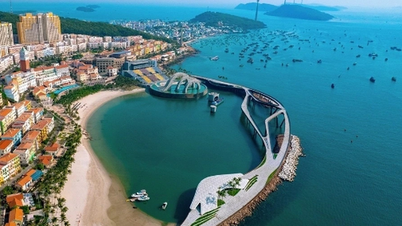
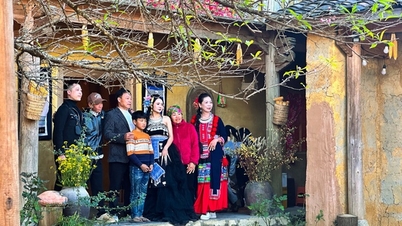
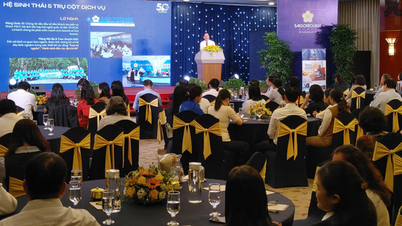
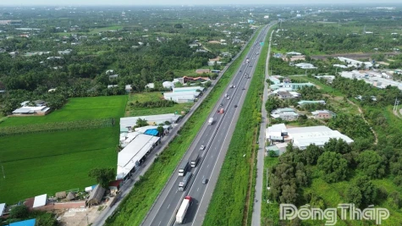

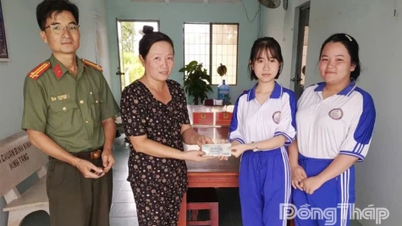
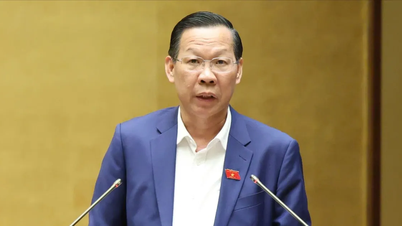

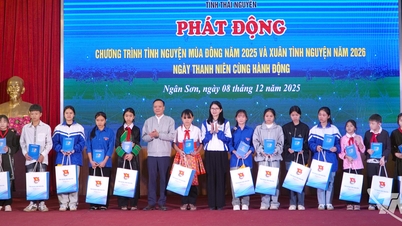
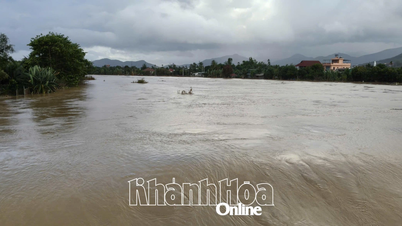

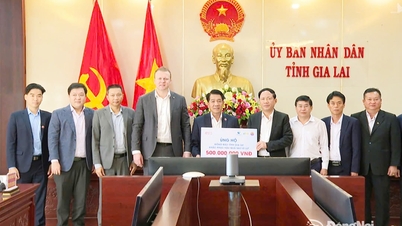














Comment (0)